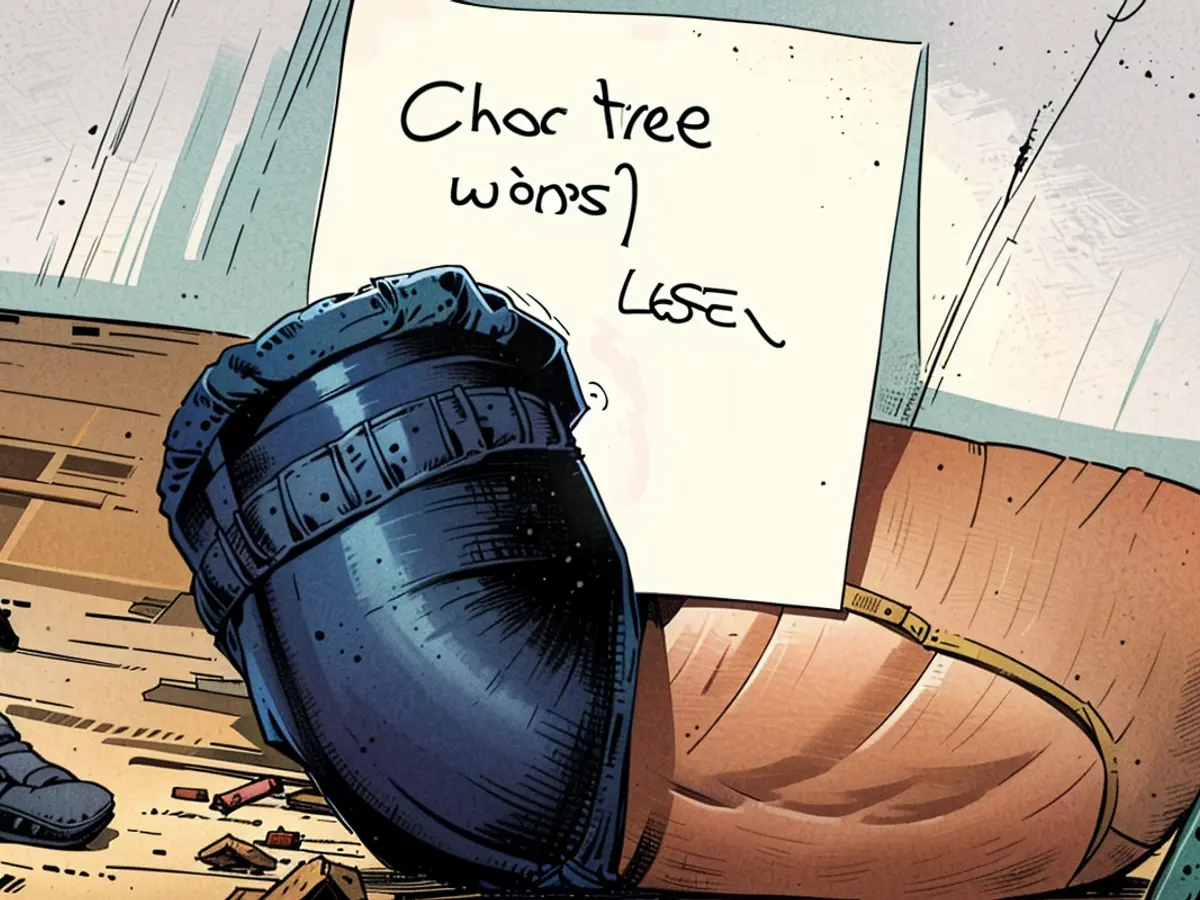Tree removal at North Carolina church unearths centuries-old artifacts
Cenci’s two passions coincided when a plethora of centuries-old items were found June 20 in the yard of Christ Episcopal Church in Elizabeth City, North Carolina, where Cenci has served as rector since 2019.
He said the church’s construction crew was digging up a century-old magnolia tree when the mundane quickly turned into something extraordinary around lunchtime. The crew had hit something while digging up a pit for drainage underneath the stump.
When Cenci saw the almost dome-like shape of the structure the crew had hit, he thought it was a crypt or an unmarked soldier’s grave given the many battles fought in eastern North Carolina during the Civil War.
Cenci enlisted the help of a nearby parishioner to poke around. Soon, the two had pulled out a bone that was eight inches long.

“I thought, ‘Oh gosh, maybe that’s a crypt after all,’” Cenci told CNN.
After telling the construction crew to go home for the day, artifacts like pottery, old and broken dishes, glassware, bottles and more bones were unearthed from the loose, sandy terrain filled with bricks.
With guidance and inspection from a local museum and a specialist in early porcelain dating, the items were roughly dated from the early 1700s up through the mid-1800s. The bones didn’t belong to human bodies but to animals – including a possible jawbone from a wild boar.
“The guess right now is maybe (the spot) is either a root cellar that was associated with an early home or a cistern for water storage, again associated with another early home in the city,” Cinci said.
The North Carolina Office of State Archaeology from the Raleigh and Greenville offices were called in to possibly further identify and date the items. Five days later, the ground was excavated, according to CNN affiliate WTKR.
After the state office agreed with the artifacts’ initial dating estimate, they were labeled and placed on plates in the church’s kitchen until they can be sent to the state office’s conservation laboratory for testing.
Cenci was told that either a team from the Raleigh or Greenville archeology offices would return to the site, a graduate student from a local university would be tasked with continuing the excavation or the church could hire an outside archaeological firm.

CNN has reached out to the state office of archaeology in Raleigh for comment.
Christ Episcopal Church was founded in 1825 but the building it currently occupies wasn’t built until 1856, according to Cenci.
From research done by church parishioners Ian Lowry, Robyn Nix and Sam Mancla, who dug into deeds, wills and estate documents at the Pasquotank County courthouse, the group has discovered a Black man named George Davis used to own the property in the early 1800s that the church sits on – on two of the most premier lots in the city.
His daughter Charlotte was married in the Episcopal church in 1833, according to church records and as posted by Lowry on Facebook. Nothing is confirmed yet, but some of the artifacts are thought to have been owned by Davis, Cenci explained.

“(Davis) did very well for himself based on the items that have come out of the excavation site,” Cenci said. “We’ve found bottles of French wine and we found imported porcelain from China ... It seems we have uncovered the history of an early African American in our community that was quite influential (and) quite affluent in the town which I think is really interesting.”
Cenci said all he did was stop the construction; Lowry, Nix and Mancla are “really the heroes in this story as far as finding out what was in there and why it matters.”
With the church being founded in 1825, this discovery comes just in time for its 200th anniversary.
“As a Christian, I believe it’s God’s providential timing that it would happen right as we’re coming into our 200th anniversary,” Cenci said. “We’re getting this – almost like a time capsule – back to when the church was founded.”
In light of Cenci's passion for history and the arts, he was thrilled to discover that many of the unearthed artifacts could potentially be linked to George Davis, a prominent African American figure in Elizabeth City's past. The unique style and craftsmanship of the pottery, dishes, and glassware found during the excavation are testament to the rich artistic tradition of the era.








